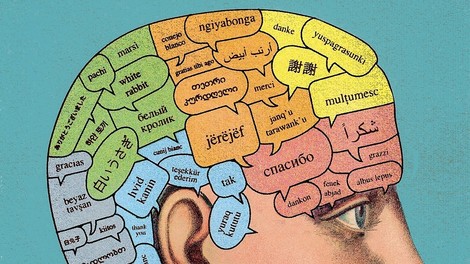Your podcast discovery platform
Curious minds select the most fascinating podcasts from around the world. Discover hand-piqd audio recommendations on your favorite topics.

piqer for: Climate and Environment Globalization and politics Health and Sanity
Mona Silavi is a human and women’s rights activist from the Ahwaz region in Iran. She obtained her bachelor in psychology and specialized in children and adolescence psychology at Damascus University, faculty of psychology and education. She holds a master degree in good governance and human rights in MENA region from Ca’ Foscari University in Venice. She started her activism in Damascus as member of Ahwazi Arab student association. Mona Silavi is a Project Officer at the Unrepresented Nations and Peoples Organization (UNPO) and is the coordinator for topics concerning freedom of religion and belief. She is also a spokesperson of the Al-Ahwaz Democratic Solidarity Party (DSPA). Since 2014 Ms Silavi lives in Belgium as a political refugee
The Mystery Of People Who Speak Dozens Of Languages
Nearly two billion people study English as a foreign language—about four times the number of native speakers.
This article discusses the scientific reasons behind the ability of some people to learn more languages, and some theories that are yet to be confirmed:
An extreme language learner has a more-than-random chance of being a gay, left-handed male on the autism spectrum, with an autoimmune disorder, such as asthma or allergies.
Reading this article encouraged me to improve my language skills and be more attentive when I hear foreign languages. I hope this will inspire other readers to do the same, as many misunderstandings and stereotypes originate from a lack of knowledge and ignorance about the language and the culture of “others”.
I will finish with a quote from Nelson Mandela:
“If you talk to a man in a language he understands, that goes to his head. If you talk to him in his language, that goes to his heart.”
